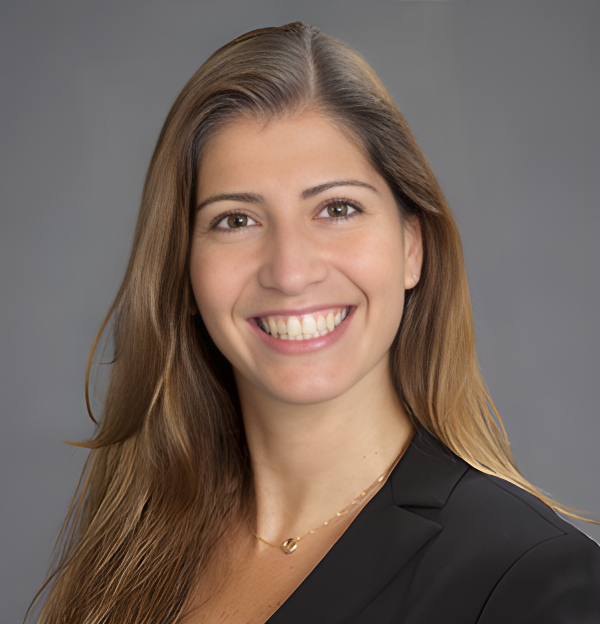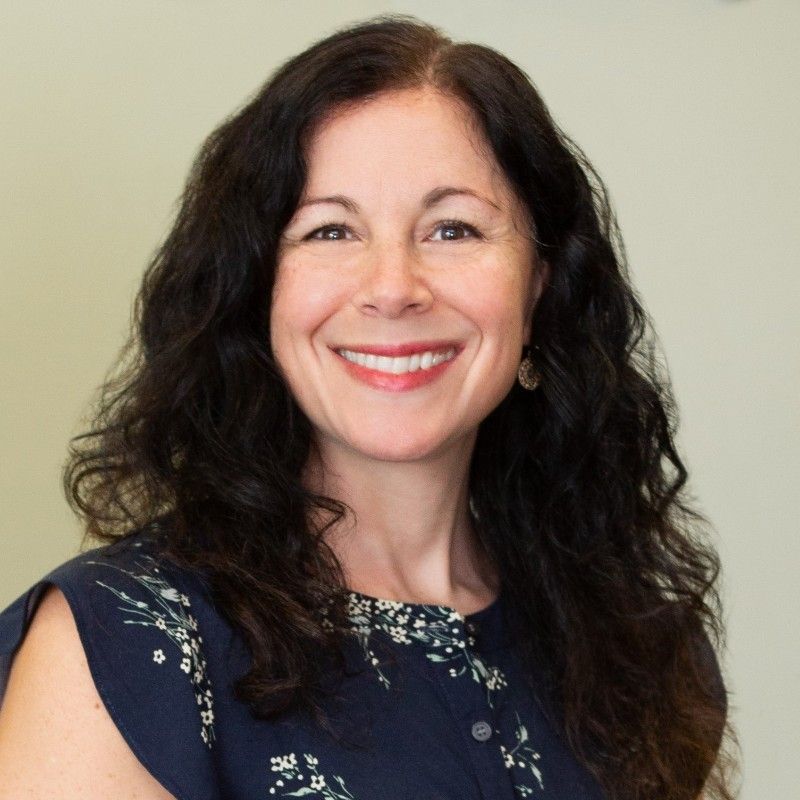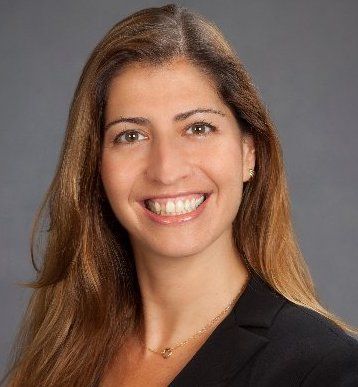News
Video
Ricky Safer: Working to Streamline Primary Sclerosing Cholangitis Diagnoses
Author(s):
The founder of PSC Partners Seeking a Cure discusses how screening and treatment for the rare disease has evolved since her diagnosis 20 years ago.
Primary sclerosing cholangitis (PSC), a rare and serious liver disease, is a historically challenging condition to identify and adequately treat non-invasively. In many scenarios, patients with PSC may be asymptomatically undiagnosed for years—and could only a decade-plus life expectancy if they cannot receive a liver transplant.
The agenda at The Liver Meeting 2023 from the American Association for the Study of Liver Diseases (AASLD) in Boston this weekend features a number of discussions on the state of PSC detection, management and investigation. But one of its key sessions gives attention to the patient burden—from a patient and leading advocate herself.
In an interview with HCPLive during The Liver Meeting, Ricky Safer, chief executive offer and founder of the PSC Partners Seeking a Cure, discussed the state of PSC patients and diagnostic strategies today. Having been diagnosed with the disease in 2003 prior to launching her nonprofit organization, Safer recalled being told by clinicians approximately two-thirds of fellow patients were males, in their 20s and 30s.
It’s a different reality in the patient advocacy population.
“I know in our community and the people who are active with us, we are seeing a much higher percentage of females in everything we do,” Safer said. “Part of that is because males tend to not really want to talk about it, so they don’t come to us so easily.”
Though PSC effects every sex, race, ethnicity and socioeconomic background, an understanding of the “true diversity” of the disease—beyond hospitalization and transplantation data—is lacking, Safer said. This poor representation reaches organizations like Safer’s, as well as many current clinical trial programs under investigation today.
Regarding pharmacologic research, Safer said patients and clinicians are limited to targeting symptom relief, due to still-developing understanding of PSC. Still, it remains a niche field where investigators have shown time and again a willingness “to drop their egos” while pursuing greater goals, Safer said.
“It’s very promising to me that there’s so much research going on…we are seeing advances and I think part of it is because everyone is working together,” she said.
Safer acknowledged a “huge jump” in modern PSC imaging capability relative to when she was first diagnosed in 2023. Despite advances that have better informed clinicians of the disease patients are already facing, predictive biomarkers are still being investigated in PSC. She was asymptomatic for 13 years before being diagnosed in 2003—a trend not unfamiliar in the PSC patient population.
“Many of us are living with this, and because we’re asymptomatic for a long time, we don’t realize we have this,” Safer said. “The only thing that was noticed was my GI noticing my (alkaline phosphatase) was elevated. I had liver biopsies and constant blood tests, and it wasn’t until I ended up in the hospital with my first cholangitis attack that I realized, ‘This GI isn’t going to figure it out. I need to get to a hematologist.’”
It’s fairly common for PSC Partners to aide new patients in connecting with a hepatologist, a task made difficult by the lesser availability and proximity of specialists relative to where patients are living in the US.
“Getting diagnosed with a rare disease like this is very difficult—although I do feel that compared to 20 years ago, the GIs and general practitioners are more aware of what it is and what these very early symptoms may mean,” Safer said.





